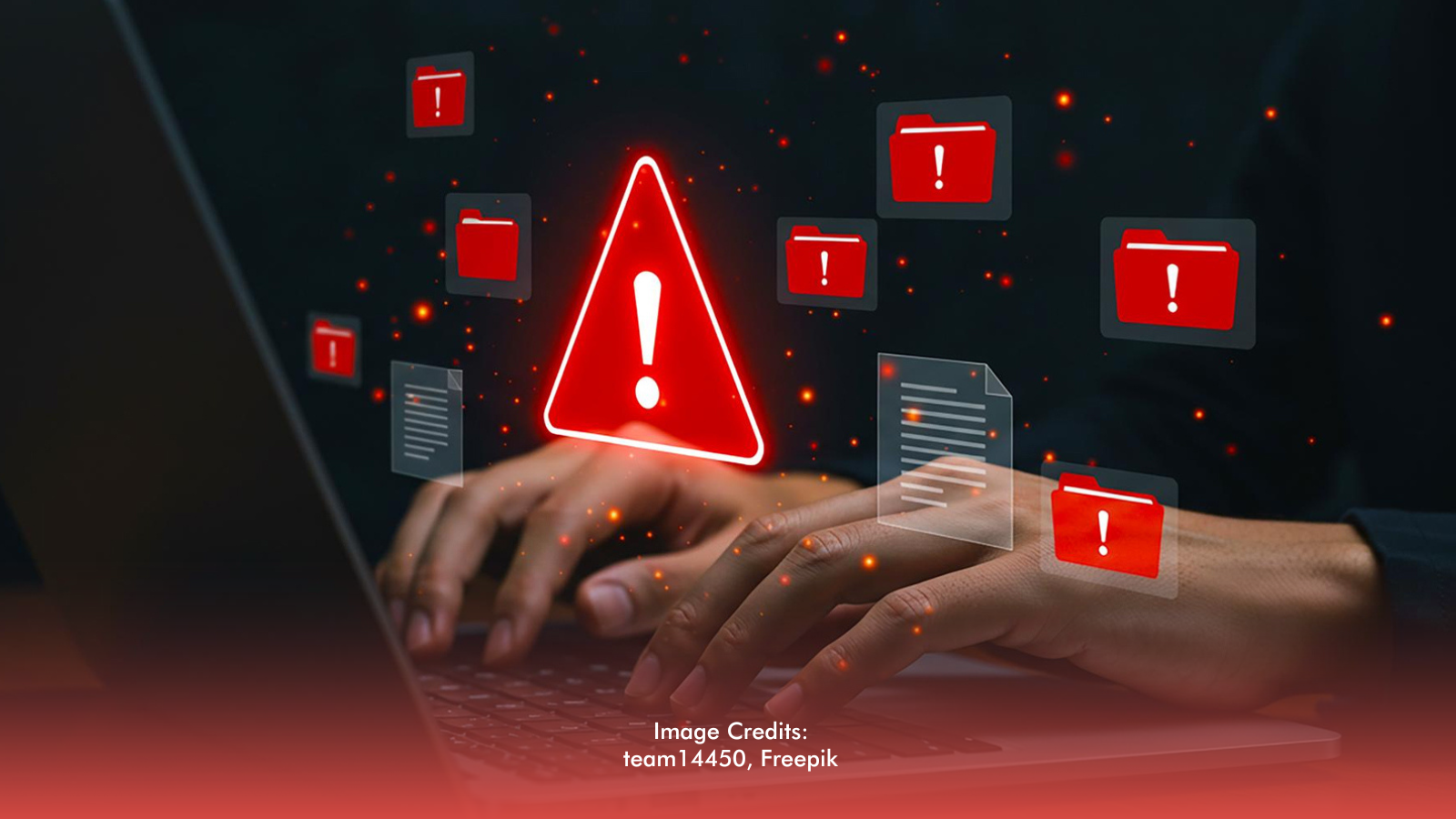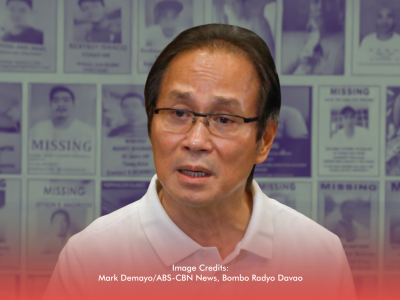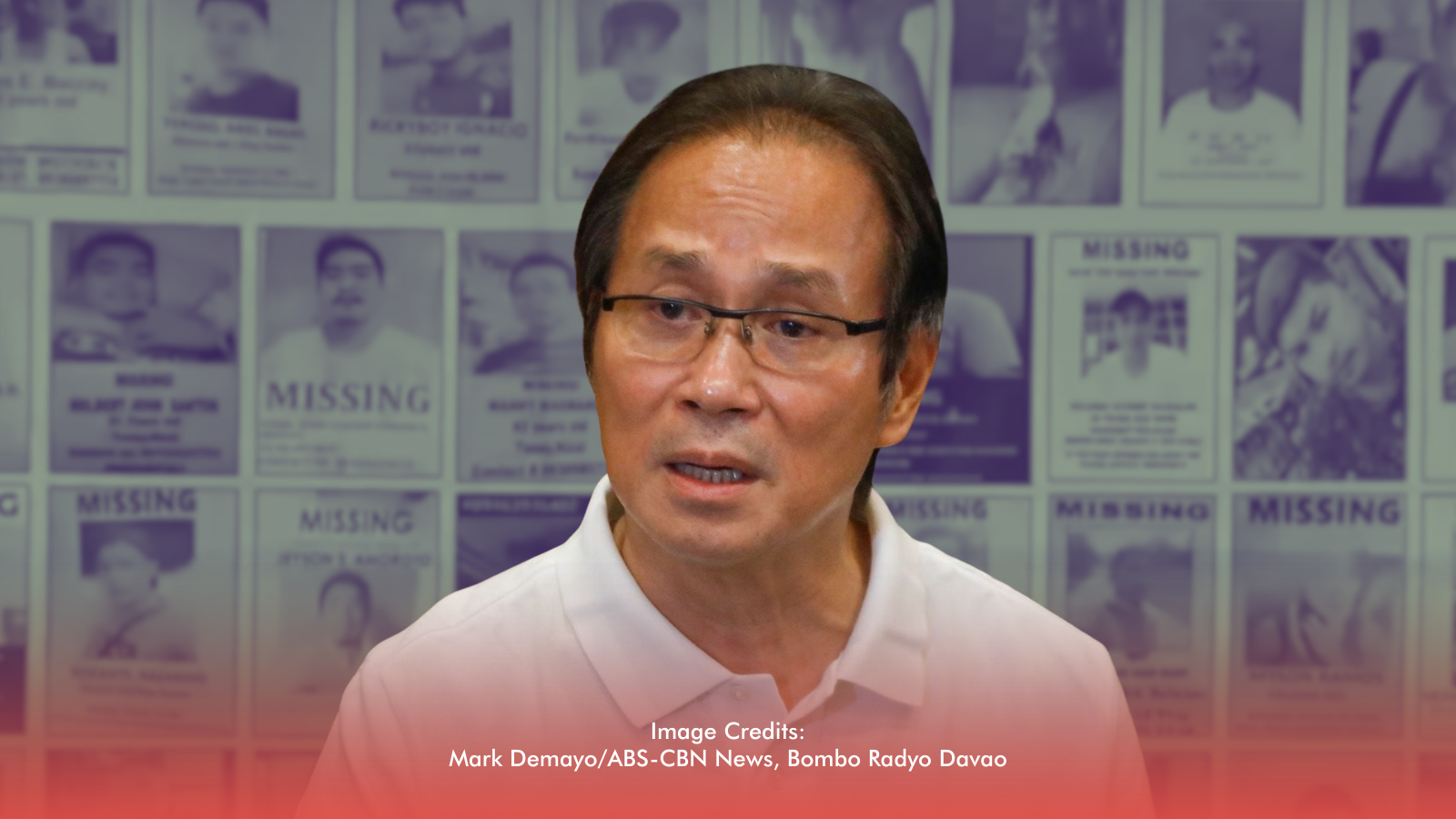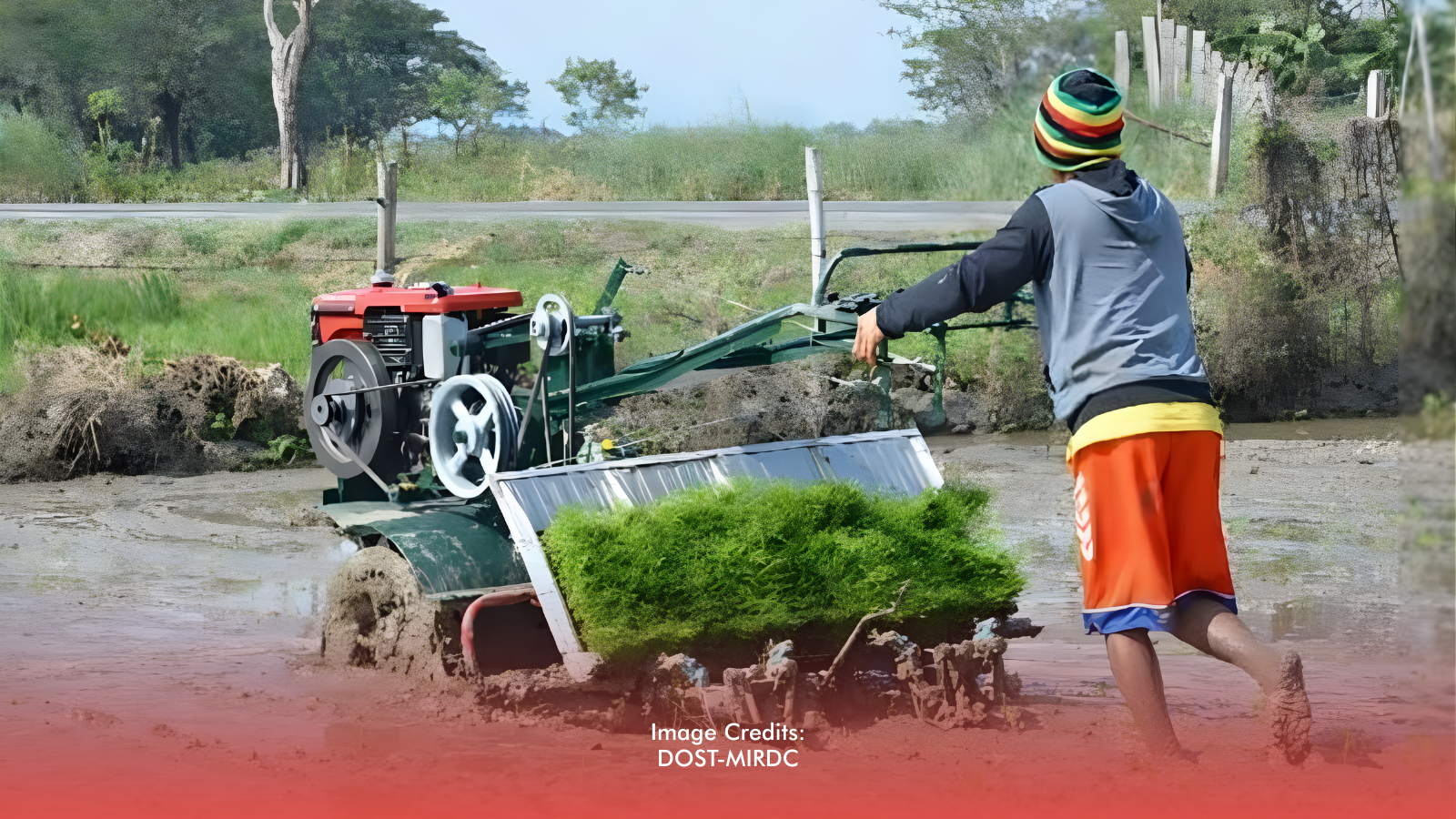Filipinos are now fending off scam attempts almost every other day, with adults targeted an average of 239 times a year, according to a new report by the Global Anti-Scam Alliance (GASA) in partnership with Mastercard and Whoscall. The study revealed that adults lost an average of P11,896 over the past 12 months, with the majority of scams coming through text messages, affecting 75 percent of victims. Messaging apps followed at 50 percent, alongside social media platforms such as Facebook and Telegram, also at 50 percent.
The consequences ripple beyond financial loss. About 23 percent of households were forced to cut spending, another 23 percent reported increased family tensions, and 20 percent had to take on additional debt. Millennials incurred the highest losses at more than P14,000 each, while Gen Z respondents expressed the least confidence in detecting scams. Meanwhile, 76 percent of the Silent Generation and 72 percent of suburban residents encountered scam attempts.
Weak Consumer Protection and Underreporting
Despite the widespread nature of digital fraud, only 73 percent of survey participants reported the scam incidents. GASA flagged this as a sign of ongoing weaknesses in the country’s consumer protection and reporting systems. According to the study, 40 percent of victims didn’t know where to report their case, while a third found the reporting process too complicated.
“When nearly one in three Filipinos loses money to a scam, it’s not just a digital safety issue. It’s a household stability issue,” said Brian Hanley, GASA Asia Pacific director. The report also noted that a mere 11 percent of those who lost money managed to recover it, underscoring the limited avenues for redress and the complexity of tracing fraudulent transactions.
A Perpetual Digital Threat and the Call for Cooperation
As digital fraud grows more sophisticated, experts warn that scams have evolved from isolated incidents into a persistent threat. GASA emphasized the need for coordinated action among banks, digital platforms, telecom operators, and regulators to stem the rise of online fraud.
“As scams grow more sophisticated, they are no longer isolated incidents—they are a perpetual digital threat, inflicting both financial loss and social trauma,” said Jason Crasto, Mastercard Philippines country manager. “Protecting Filipinos requires systemic cooperation between industries and government to restore trust in the digital economy,” he added.








